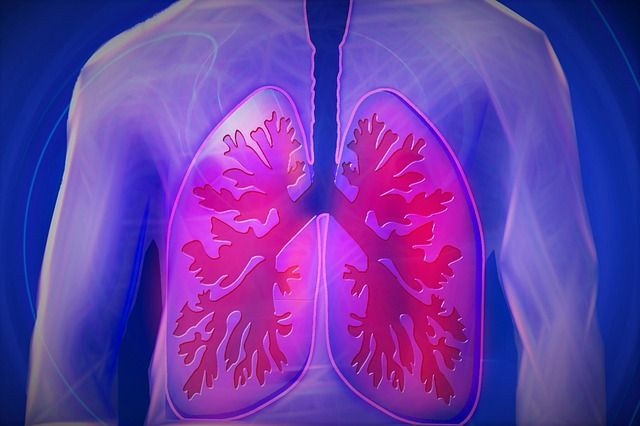Is Canadian Health Care Better? Why US Cystic Fibrosis Patients Die 10 Years Earlier

Despite positive developments in treating cystic fibrosis, Canadian patients still outlive Americans with the disease by up to 10 years. While the reason for this isn't clear, a new study suggests it may boil down to three critical factors: diet, transplants, and health insurance.
The study, funded by the U.S. Cystic Fibrosis Foundation, revealed that the risk of death among people with cystic fibrosis was 34 percent lower in Canada than in the United States. While the study was not designed to note the cause of this difference in patient lifespan, the researchers suggested it may be due to differences between Canadian and American diets, medical insurance, and the use of transplant treatments.
Read: Cystic Fibrosis May Be 2 Diseases, Not Just One, Genetic Scientists Discover
"Achieving a better understanding of the drivers behind differences in survival rates is critical to our mission to improve and extend the lives of people with cystic fibrosis," said Dr. Bruce Marshall, lead study author, in a recent statement.
High-fat diets are important for improving the health of cystic fibrosis patients. The disease affects the mucous in the pancreas, which in turn could compromise an individual's ability to digest and absorb protein and fats, Medlineplus reported. Due to this, cystic fibrosis patients need to consume far more calories than a person of their same size without the disease. However, as revealed by the study, Canadians with cystic fibrosis were told beginning in the 1970s to follow a high-fat diet, but in the U.S., this diet was not recommended until the 1980s. As a result, Canadians born in the 1970s outlived their American counterparts with the same disease.
In addition, although lung transplants are an effective treatment for cystic fibrosis patients, more Canadians receive this treatment than American patients, according to the study.
Lastly, the researchers identified the complex and controversial health insurance system in the U.S. as a third contributor to U.S. cystic fibrosis patients' shortened lifespan. The study noted that there was no difference between the lifespan of U.S. patients who had private insurance and Canadian patients who have a universal publicly funded insurance program available to every citizen. American patients on government-funded insurance, such as Medicaid or Medicare, had a 44 percent greater risk of death than Canadian patients. Americans with no known health insurance had a 77 percent greater risk of death than their Canadian counterparts.
The researchers hope their finding will help the American government and U.S. doctors better address the needs of their citizens living with this lifelong debilitating disease.
"Achieving a better understanding of the drivers behind differences in survival rates is critical to our mission to improve and extend the lives of people with cystic fibrosis," Marshall said in the statement. "As a result of this study we will be conducting further research to better understand the role of nutrition and insurance status - and are encouraged that the findings reinforce the central goal of our lung transplant initiative, a comprehensive effort to improve transplant outcomes for people with CF in the United States."
Source: Stephenson AL, Sykes J, Stanojevic M. Survival Comparison of Patients With Cystic Fibrosis in Canada and the United States: A Population-Based Cohort Study. Annals of Internal Medicine. 2017
See Also:



























